Sales Coaching Plan for Leading a Winning Sales Team
Driving sales growth from the top in a small business is a crucial part of business success, but if you are a founder-led or CEO who has never sold before how do you lead a sales team to success?
Business owners developing their sales teams encounter various obstacles that can hinder growth. Time management is a significant issue, as sales representatives often find themselves bogged down by administrative tasks rather than selling. The plethora of available technology can be overwhelming, and finding the right balance for effective integration is a challenge. Economic uncertainty can lead to cautious investment and reduced budgets, which in turn affects sales strategies.
Additionally, buyer behavior has evolved with the digitisation of B2B sales, leading to shorter sales conversations and a preference for online research over discussions with salespeople. This shift, along with extended sales cycles, can delay revenue, affecting cash flow and the ability to invest in growth initiatives.
The scarcity of qualified inbound leads can result in sales teams wasting time on prospects that are unlikely to convert. Moreover, insufficient brand awareness can impede the sales team’s efforts to engage new customers and close deals.
These challenges can create inefficiencies, reduce productivity, and lead to missed opportunities, all of which can slow down a business’s growth trajectory. It’s crucial for business owners to address these issues to maintain a competitive edge and achieve sustainable growth.
Boosting Sales Team Performance: Strategies for Enhanced Efficiency and Growth
Improving your sales team’s efficiency can be achieved through a combination of strategic planning, training, and the use of technology. Here are some key steps to consider:
- Set Clear Goals: Define specific, measurable, achievable, relevant, and time-bound (SMART) goals for your sales team to aim for.
- Optimise Sales Processes: Streamline your sales process to remove unnecessary steps and make it more efficient.
- Implement Training Programs: Regular training and coaching can improve your team’s skills and knowledge.
- Leverage Sales Automation: Use automation tools to handle repetitive tasks, freeing up your team to focus on selling.
- Monitor Performance Metrics: Keep track of key performance indicators (KPIs) to identify areas for improvement.
- Foster a Positive Culture: Encourage a culture of continuous improvement and recognize the achievements of your team members.
- Provide the Necessary Tools: Equip your team with the tools they need to succeed, such as customer relationship management (CRM) software

Drawing from years of experience coaching sales teams, I've tailored a quick coaching plan overview for CEOs and business owners venturing into sales team management for the first time. Here’s your go-to guide for sustainable growth:
Define Your Value Proposition: Kick off by identifying your business's key market differentiators and ensuring your team can fluently articulate the value to prospects. Continuously refine your messaging based on feedback and real-world interactions. Provide access to sales enablement tools such as product or service one pagers and objection handling to build your teams confidence.
Set Clear Expectations: Communicate revenue targets and KPIs clearly, be firm and only change after a period of testing. Embrace data-driven decision-making to steer your sales strategy effectively. Remember, KPIs are your guiding light; don't let anyone convince you otherwise.
Provide Comprehensive Training: Equip your sales team with the necessary skills and resources through coaching sessions, CRM training, and online courses. Confidence and access to resources breed performance. One of the biggest causes of failure is lack of training, don't assume a day's training will equip your team with the necessary knowledge to hit the ground running - training will be one of the best investments you ever make. Companies that skip this step have years of teething issues - I've seen it first hand.
Review and Optimise Sales Processes: Collaboratively assess and refine your sales processes. Identify what's working and what isn't. Embrace a culture of continuous improvement.
Establish Attainable Sales Targets: Collaborate with your team to set ambitious yet realistic sales goals. Break down revenue targets into manageable milestones, and hold regular performance reviews to keep everyone on track. Keep these visible at all times, and don't use as a stick to beat with, use to create competitiveness and energy within your business.
Monitor Performance: Regularly track team performance and provide constructive feedback. Utilise CRM data to pinpoint strengths and weaknesses, ensuring everyone is aligned towards the same goals. Each individual sales person will have key strengths that will contribute to your team, learn how to recognise these and use them to your competitive advantage.
Encourage Team Collaboration: Foster a supportive and collaborative team environment. Regular team meetings, cross-training, and peer mentoring can enhance camaraderie and knowledge sharing. But ensure that regions and targets are not overlapping to create in-house competitive difficulties.
Recognise and Reward Success: Celebrate achievements with incentives and public recognition. Cultivate a culture of appreciation and motivation; it's essential for morale and productivity. It's not all about results, rewards positive behaviour, efforts and organisation.
Develop Growth Opportunities: Collaborate on professional development plans and career advancement opportunities. Invest in your team's long-term success, and empower them to excel in their roles. Let effective sales people mentor and support new recruits.
Seek Regular Feedback: Foster open communication and actively solicit feedback from your team. Their insights are invaluable for identifying areas of improvement and building trust.
Lead by Example: If I was asked the ONE key success factor to sales success this would be it. Show your team how to articulate value propositions by demonstrating it yourself. Be visible and approachable, and be willing to engage in the sales process alongside your team members. If you don't believe the value, and you don't consistently drive the right attitudes your team will follow your behaviour. If you are not a natural seller or leader, identify a key person in the business to lead your sales efforts. Success comes from the top.
Emphasise Relationship Building: Encourage your team to focus on building long-term relationships with clients rather than just making a sale. Trust and rapport are key to securing repeat business and referrals.
With this comprehensive coaching plan, you'll confidently navigate the challenges of sales team management while driving sustainable growth. Reach out if you're a business leader seeking support in building your sales leadership confidence. Let's achieve your strategic goals together!










